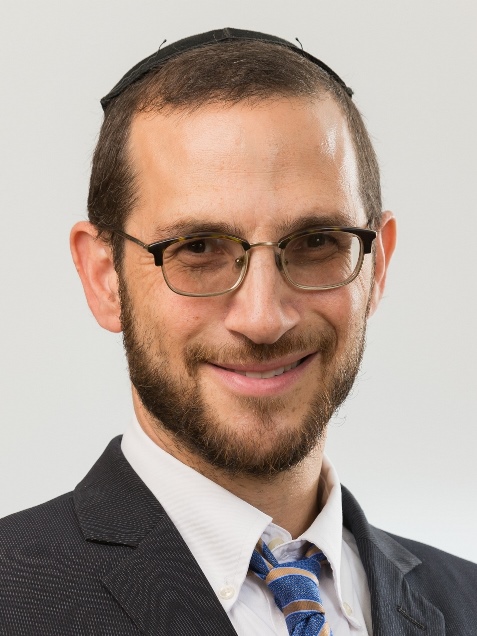Esav’s Home Office
הרב שלום רוזנר
In this week’s parsha we witness the first interaction between Yaakov and Esav. Esav returns home from a hunting expedition tired and hungry and requests some of the soup that Yaakov had prepared. Yaakov is willing to share some soup with his brother, on condition that Esav transfers the first-born birthright to him.
Why did Yaakov use this opportunity to acquire the birthright? Was there something in Esav’s conduct that triggered Yaakov to act in this manner at this very juncture?
The Lev Eliyahu (Rav Eliyahu Lepion) offers a fascinating interpretation based on an idea expressed by the Seforno. By paying close attention to the terms used in the conversation, we reach a deeper understanding as to what transpired between the two brothers.
When Esav returns home from his days work, tired and hungry, he does not inquire as to what soup is being prepared. He smells an amazing aroma, yet does not focus on any of its details, rather merely refers to the delicacy by its color “הַלְעִיטֵ֤נִי נָא֙ מִן־הָֽאָדֹ֤ם הָֽאָדֹם֙ הַזֶּ֔ה” “pour for me some of this red stuff” (Bereshit 25:30). Yaakov recognizes that Esav is totally obsessed with and all encompassed by, his hunting. When he returns home, he does not have the energy or interest to focus on anything else. Yaakov realizes that this characteristic could be fatal, as the task of a first born is to work in the Mikdash, and Esav will not be able to properly concentrate on his avoda if he is obsessed with his hunting. Esav is referred to as an “ish tzayid”. He is totally identified with and by his profession. Esav was not able to distinguish between home and office.
Once diagnosing Esav’s obsession with his job and lack of interest with other matters when he returns home, Yaakov is able to acquire the bechora. Esav himself realizes that his exhaustion from his hard work will lead to his death, as he states הִנֵּ֛ה אָֽנֹכִ֥י הוֹלֵ֖ךְ לָמ֑וּת וְלָֽמָּה־זֶּ֥ה לִ֖י בְּכֹרָֽה - Behold, I am going to die; so why do I need this birthright? (Bereshit 25:32).
The significant lesson to derive from this episode is that we all have to work to earn a living, yet we cannot become all encompassed by our profession. Today it is very difficult to distinguish between the home and the office. Not only does the internet and cell phone pierce those borders. Due to Covid-19 many people are working from home and are expected to be accessible at all hours of the day and evening. We must be careful to distinguish between our profession and other aspects of our life. To be able to focus on the details of our homes, families and communities, and not just take a precursory view – like Esav did when referring to the “red stuff.”
The gemara in Beitza 17 states that the people of Babel used to eat bread with bread. Is it to be taken literally? Do they eat a boring sandwich of two slices of bread filled with another piece of bread inside? I once heard an interesting interpretation of this gemara. If you inquire as to why one goes to work, they would respond – so I can earn a living. Why do you need to earn a living? So that I can feed my family and live in a comfortable home. Why do you need to live in a comfortable home? So that I can rest and be able to go back to work to earn a livelihood. It becomes a never-ending circle. We work so we can get enough energy to return to work. That is the description of a bread sandwich!
Obviously, we have to work to support ourselves, yet we have to make sure we maintain the proper perspective. Our profession is a means not an end. We cannot allow our profession to define who we are. Our true task is to be an oved Hashem. That requires, among other things, focusing on our spouse, children and community, not just on our customers and suppliers. May we follow in the footsteps of Yaakov, who is identified by his actions as an ish tam yoshev ohalim, rather than as an ish tzayid. Now, when it is all the more challenging, we have to take solid measures to distinguish between work and home so that we don’t blur our priorities.
Posted with permission from Torah Tidbits
קוד השיעור: 8957
לשליחת שאלה או הארה בנוגע לשיעור:



.jpg)
